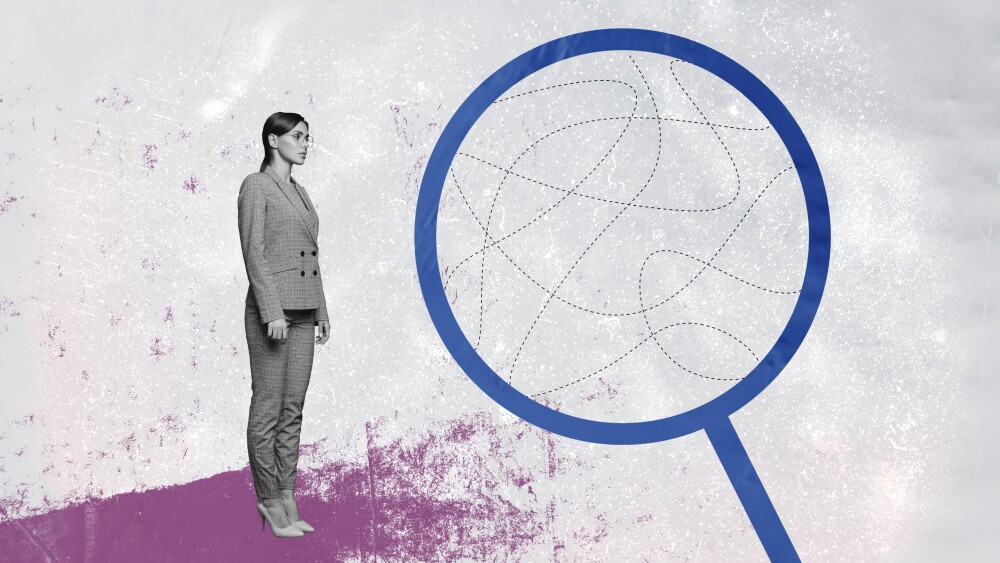PHILADELPHIA and OXFORD, United Kingdom, Dec. 17, 2015 (GLOBE NEWSWIRE) -- Adaptimmune Therapeutics plc (Nasdaq:ADAP), a leader in the use of TCR engineered T-cell therapy to treat cancer, today announced that it has initiated a Phase I/II study of its affinity enhanced T-cell therapy targeting the MAGE-A10 cancer antigen in patients with locally advanced or metastatic (Stage IIIb or IV) non-small cell lung cancer (NSCLC), the most prevalent type of lung cancer representing approximately 85 percent of lung cancers.
This will be the first study of Adaptimmune’s unpartnered affinity enhanced T-cell therapy targeting MAGE-A10, a highly immunogenic member of the MAGE-A family of cancer testis antigens. MAGE-A10 is expressed in a number of solid tumor cell types, and the immunogenicity of the MAGE-A10 antigen has been robustly established. Cancer testis antigen expression in cancer is often associated with higher grade tumors.
"The initiation of this study is an important step in our goal to identify and develop new T-cell-based immunotherapeutics to combat non-small cell lung cancer and other cancers, and we are excited to initiate clinical development of another of our promising affinity enhanced TCR therapeutic candidates," said Dr. Rafael Amado, Adaptimmune’s Chief Medical Officer. "We have already seen encouraging clinical responses in certain cancers to our lead T-cell therapeutic candidate, which targets the NY-ESO-1 cancer antigen, demonstrating that it is possible to utilize our proprietary affinity enhancement technology to modify TCRs to so that they target cancer cells effectively. It is our hope that we may one day offer patients suffering from non-small cell lung cancer an efficacious and well-tolerated therapeutic option."
This is an open label, 3+3 dose escalation study of autologous T-cells genetically engineered with an affinity optimized MAGE-A10 TCR in HLAA*0201 and HLA-A*0206 positive patients with stage IIIb or stage IV NSCLC expressing the MAGE-A10 antigen. Though the prevalence of HLA sub-types varies from population to population, the most common in the western world is HLA-A2. Among the HLA-A2 variants, the most prevalent are HLA-A*0201 and HLA-A*0206.
The study is intended to enroll up to 32 patients in leading clinical centers located in the United States and Europe and will assess the safety and tolerability of Adaptimmune’s affinity enhanced T-cell therapy targeting MAGE-A10. Secondary objectives will include the assessment of clinical efficacy, measurements of durability of persistence of MAGE-A10 T-cells in the blood, and exploratory tumor biomarker studies and evaluations of the phenotype and functionality of MAGE-A10 T-cells.
For more information on this clinical trial, visit ClinicalTrials.gov at: https://clinicaltrials.gov/ (Identifier: NCT02592577).
About NSCLC
Lung cancer is the most common cancer worldwide, and is the leading cause of cancer deaths in both men and women in the United States. Each year, more people die of lung cancer than of colon, breast, and prostate cancers combined. Non-small cell lung cancer or NSCLC is the most common type of lung cancer, representing approximately 85 percent of lung cancers. There are 3 main subtypes of NSCLC. Approximately 40 percent of lung cancers are adenocarcinomas, which start in early versions of the cells that would normally secrete substances such as mucus. This type of lung cancer occurs mainly in current or former smokers, but it is also the most common type of lung cancer seen in non-smokers. Approximately 25 to 30 percent of all lung cancers are squamous cell carcinomas, which start in early versions of squamous cells which line the inside of the airways in the lungs and are generally linked to a history of smoking. Large cell (undifferentiated) carcinoma account for 10 to 15 percent of lung cancers and can appear in any part of the lung.
About Adaptimmune
Adaptimmune is a clinical stage biopharmaceutical company focused on novel cancer immunotherapy products based on its T-cell receptor (TCR) platform. Established in 2008, the company aims to utilize the body’s own machinery – the T-cell – to target and destroy cancer cells by using engineered, increased affinity TCRs as a means of strengthening natural patient T-cell responses. Adaptimmune’s lead program is an affinity enhanced T-cell therapy targeting the NY-ESO cancer antigen. Its NY-ESO TCR affinity enhanced T-cell therapy has demonstrated signs of efficacy and tolerability in Phase 1/2 trials in solid tumors and in hematologic cancer types, including synovial sarcoma and multiple myeloma. In June 2014, Adaptimmune announced that it had entered into a strategic collaboration and licensing agreement with GlaxoSmithKline (GSK) for the development and commercialization of the NY-ESO TCR program in partnership with GSK. In addition, Adaptimmune has a number of proprietary programs. The company has identified over 30 intracellular target peptides preferentially expressed in cancer cells and is currently progressing 12 through unpartnered research programs. Adaptimmune has over 200 employees and is located in Oxfordshire, U.K. and Philadelphia, USA. For more information: http://www.adaptimmune.com
Forward-Looking Statements
This press release contains “forward-looking statements,” as that term is defined under the Private Securities Litigation Reform Act of 1995 (PSLRA), which statements may be identified by words such as “believe,” “may”, “will,” “estimate,” “continue,” “anticipate,” “intend,” “expect” and other words of similar meaning. These forward-looking statements involve certain risks and uncertainties. Such risks and uncertainties could cause our actual results to differ materially from those indicated by such forward-looking statements, and include, without limitation: the success, cost and timing of our product development activities and clinical trials; our ability to submit an IND and successfully advance our technology platform to improve the safety and effectiveness of our existing TCR therapeutic candidates; the rate and degree of market acceptance of T-cell therapy generally and of our TCR therapeutic candidates; government regulation and approval, including, but not limited to, the expected regulatory approval timelines for TCR therapeutic candidates; and our ability to protect our proprietary technology and enforce our intellectual property rights; amongst others. For a further description of the risks and uncertainties that could cause our actual results to differ materially from those expressed in these forward-looking statements, as well as risks relating to our business in general, we refer you to our Annual Report on Form 20-F filed with the Securities and Exchange Commission on October 13, 2015. We urge you to consider these factors carefully in evaluating the forward-looking statements herein and are cautioned not to place undue reliance on such forward-looking statements, which are qualified in their entirety by this cautionary statement. The forward-looking statements contained in this press release speak only as of the date the statements were made and we do not undertake any obligation to update such forward-looking statements to reflect subsequent events or circumstances. We intend that all forward-looking statements be subject to the safe-harbor provisions of the PSLRA.
Adaptimmune Contacts Will Roberts Vice President, Investor Relations T: (215) 825-9306 E: will.roberts@adaptimmune.com Margaret Henry Head of PR T: +44 (0)1235 430036 Mob: +44 (0)7710 304249 E: margaret.henry@adaptimmune.com




